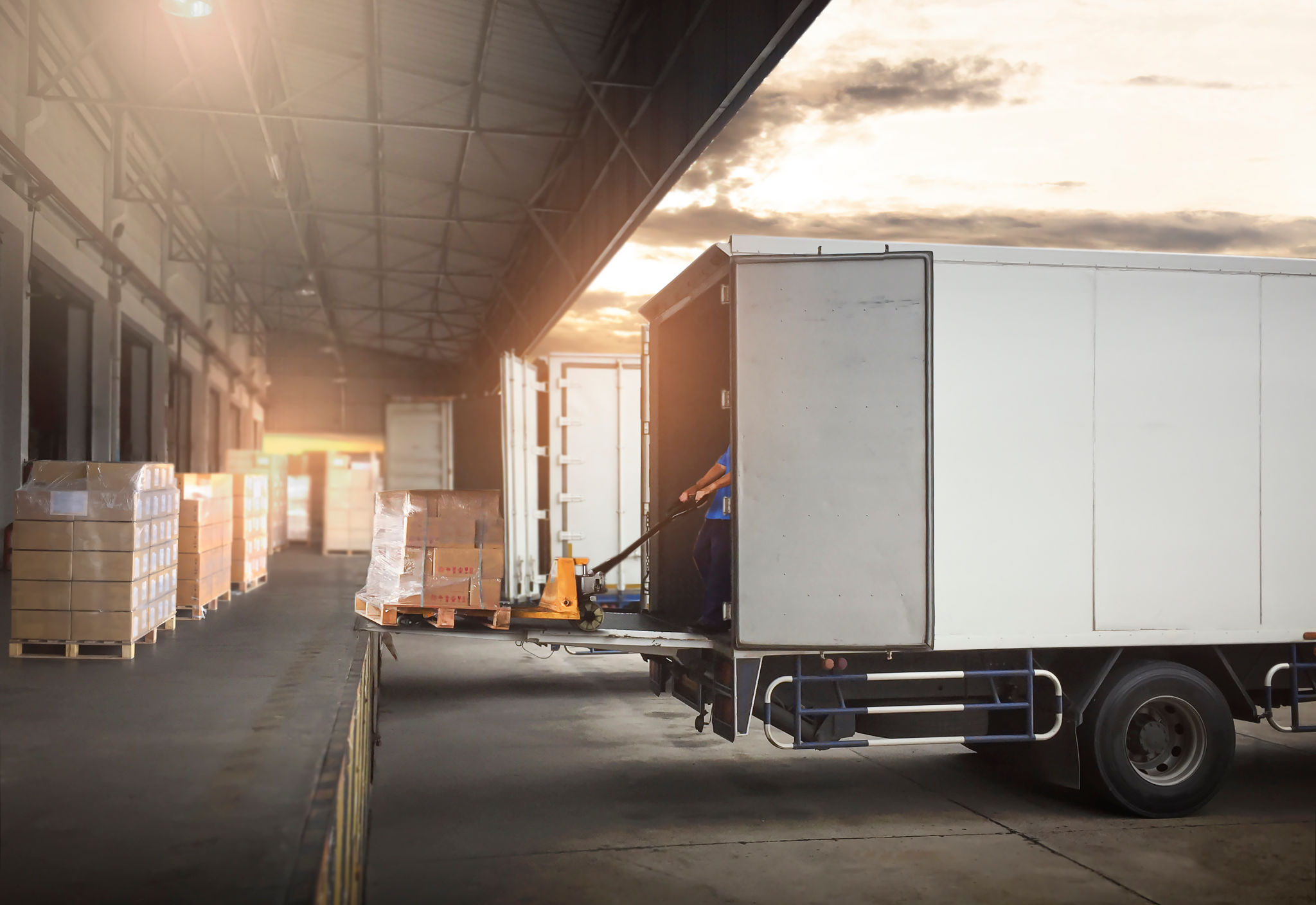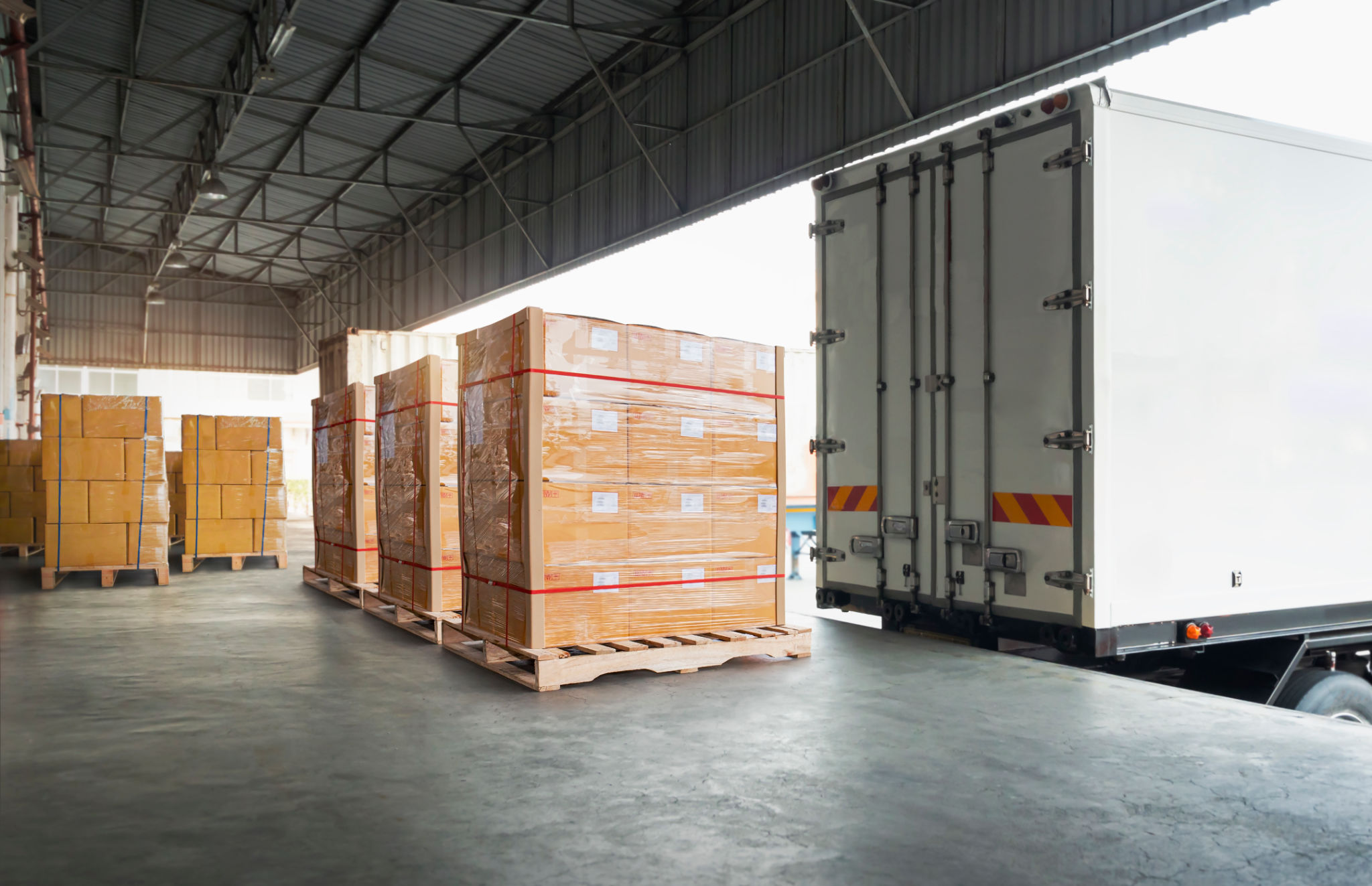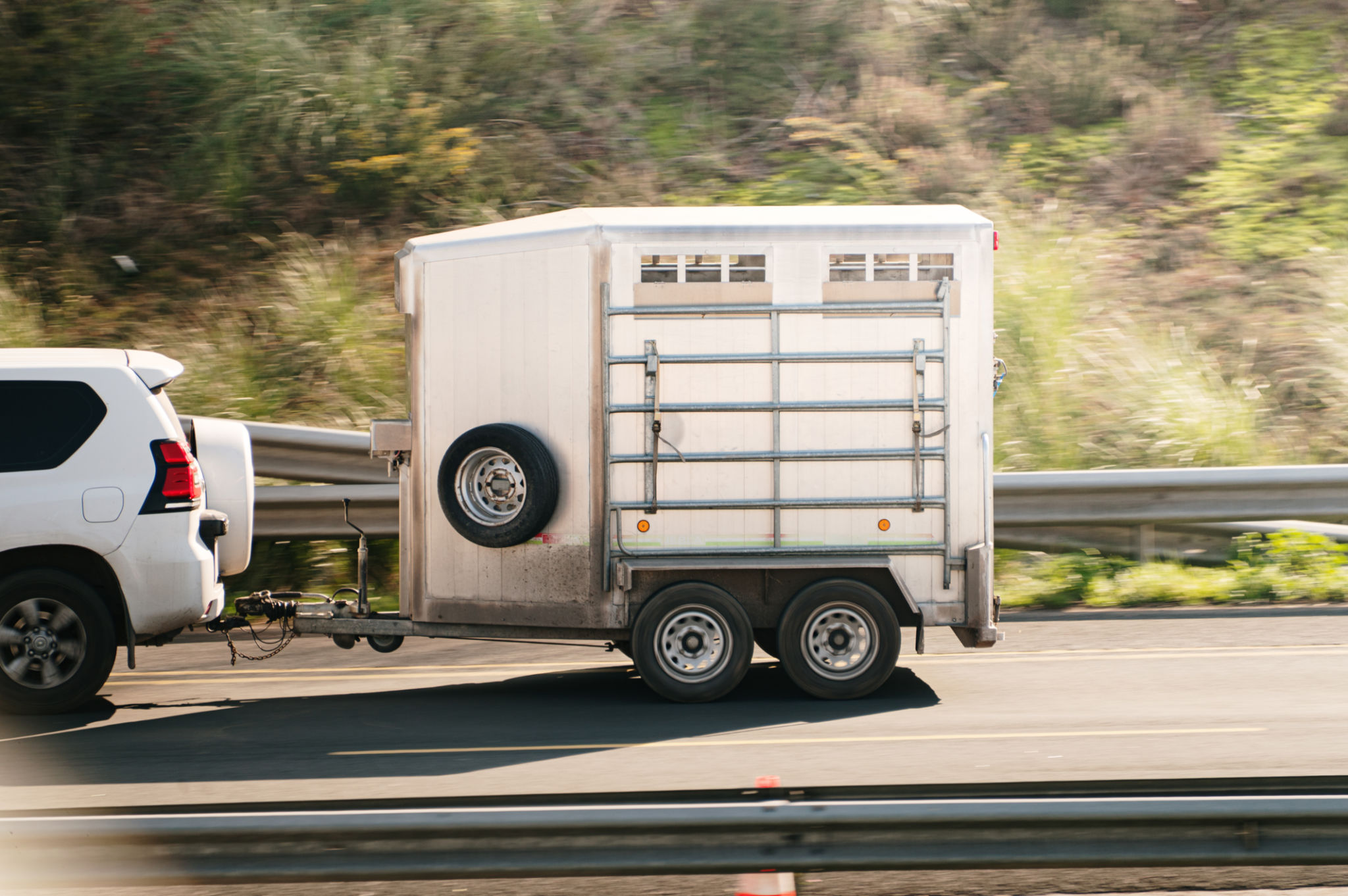How to Choose the Right Dump Trailer for Your Project Needs
Understanding Your Project Requirements
When it comes to selecting the right dump trailer for your project, the first step is to clearly understand your project requirements. Consider the type of materials you will be transporting and the frequency of use. Whether you are hauling construction debris, landscaping materials, or heavy equipment, knowing what you need can guide you to the right choice.

Determine the Size and Capacity
The size and capacity of the dump trailer are crucial factors to consider. Dump trailers come in various sizes, so it's important to choose one that can accommodate your load requirements. Overloading a trailer can lead to safety issues and damage. Always check the Gross Vehicle Weight Rating (GVWR) to ensure it meets your needs.
Common sizes range from small 5x8-foot trailers for lighter loads to larger 7x14-foot models for more substantial tasks. Assess your typical load size to determine the most efficient option for your project.
Selecting the Right Type
There are different types of dump trailers available, each designed for specific applications:
- Side Dump Trailers: Ideal for unloading materials quickly and efficiently to the side.
- End Dump Trailers: Perfect for larger loads that can be dumped directly behind the trailer.
- Bumper Pull Trailers: Suitable for smaller tasks and easier to maneuver.
- Gooseneck Trailers: Provide better stability and higher capacity, suited for heavier projects.
Consider the Material and Build Quality
The construction material of a dump trailer significantly impacts its durability and performance. Steel trailers are known for their strength and are suitable for heavy-duty tasks. On the other hand, aluminum trailers are lighter, which can improve fuel efficiency and ease of towing. Evaluate the build quality by checking welds, joints, and overall craftsmanship to ensure long-term reliability.

Hydraulic Systems and Features
Dump trailers are equipped with hydraulic systems that facilitate easy unloading. Consider trailers with reliable hydraulic systems that offer smooth operation. Some models come with added features like wireless remote controls, which can enhance convenience during use.
Additional features such as tarp systems, side extensions, and loading ramps can also provide extra utility, making your trailer more versatile and efficient for various tasks.
Budget Considerations
Your budget is an important factor when choosing a dump trailer. While it's tempting to go for the cheapest option, investing in a high-quality trailer can save money in the long run by reducing maintenance costs and prolonging service life. Compare prices and features across different brands to find a model that offers the best value for your investment.

Legal Requirements and Compliance
Ensure that your chosen dump trailer complies with local regulations and requirements. This includes having the appropriate registration, insurance, and safety features such as lights and brakes. Being compliant not only ensures safety but also prevents potential legal issues down the road.
Conclusion: Making the Right Choice
Choosing the right dump trailer involves careful consideration of several factors including size, type, build quality, and budget. By thoroughly assessing your project needs and researching available options, you can select a trailer that will effectively support your operations. Remember, a well-chosen dump trailer is an investment in efficiency and safety for your projects.
